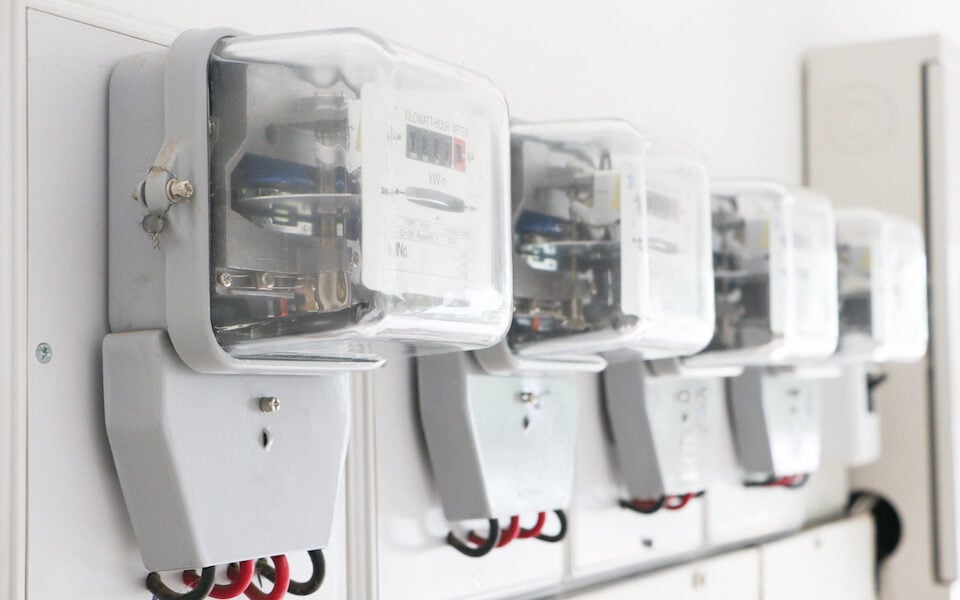The overdue debts of electricity consumers to providers skyrocketed in 2024, recording a jump of 39.9% compared to 2023.
Watchdog RAAEY’s report on the retail electricity market in 2024 showed the total overdue debts of households, small, medium-sized and large enterprises reached 3.4 billion euros, compared to €2.4 billion in 2023.
This is particularly worrying, reflecting on the one hand the difficulty of households and businesses in repaying their electricity bills and, on the other, the immunity that the institutional framework continues to provide to strategic defaulters.
Notably, €1.6 billion of the total unpaid debts come from customers who have switched providers. The majority of them, according to market representatives, are strategic defaulters who abuse the option of changing suppliers on a monthly basis, that the law gives them.
This issue has been preoccupying the market since 2020 without a solution having been provided to date. Even the measures of limited effectiveness announced a year ago by the previous political leadership of the Energy Ministry are still pending, recognizing that the burden is ultimately shouldered by consistent consumers.
RAAEY itself estimates the average cost burdening suppliers and ultimately consumers – as it states in its report for 2024 – at €60 per megawatt-hour (€32.78 from existing customers and €27.25 from old ones). The suppliers dispute the RAAEY methodology for calculating this burden, but admit that part of the loss is passed on to consumers.
“The levels at which overdue debts are formed also exert corresponding upward pressures on the final invoices of suppliers. Based on the above condition and despite the continuous efforts of suppliers to absorb a large part of the financial loss themselves, it is obvious that consistent consumers are burdened with part of the financial loss resulting from the behavior of strategic defaulters,” says the president of the association of suppliers (ESPEN), Anastasios Lostarakos.
“It is also obvious that resolving the very important issue of so-called ‘energy tourism,’ pending since late 2020, could lead to the easing of the phenomenon with the corresponding beneficial effects on electricity tariffs,” he tells Kathimerini.
